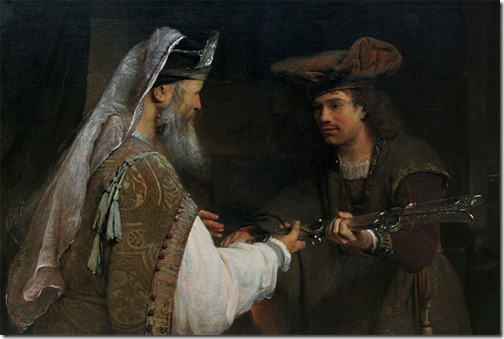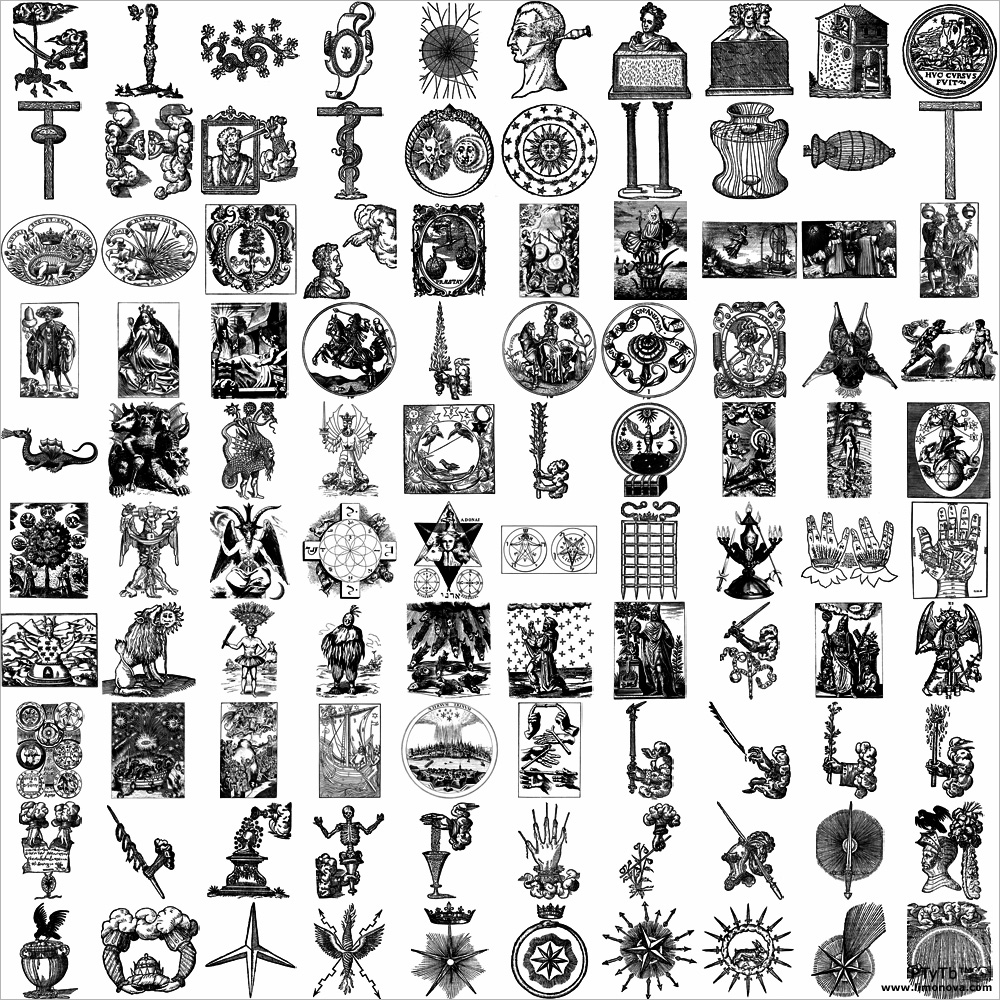A list and description of eighty-five young ladies of Manheim accompanied this project of Zwack, very properly surnamed the Cato of Illuminism; from among whom, in all probability, the founders of these two classes were to be chosen. Circumstances not having favoured our modern Cato’s views, we observe several other adepts proposing similar plans. An assessor of the Imperial Chamber at Wetzlaar of the name of Dittfurt, known among the Illuminees by that of Minos, and who rose to the degree of Regent, and to the dignity of Provincial, seemed to dispute the honor of this invention, both with Brother Hercules and even with Cato himself: We must allow, at least, that nobody was more anxious for the execution of the project than he was. He had already submitted his ideas to the Baron Knigge, and he applies anew to Weishaupt. He even despairs of ever bringing men to the grand object of the order without the support of the female adepts. Indeed, so ardent is his zeal, that he makes an offer of his own wife and his four daughters-in-law to be the first adepts. The eldest was exactly the person for the philosophized sisterhood; she was four-and-twenty years of age, and with respect to religion her ideas were far above those of her sex; they were modelled on her father’s. He had attained to the degrees of Regent and Prince of the Illuminees, and she would have been Regent and Princess. In the higher mysteries, together with Ptolemy’s wife, we should have seen the one corresponding with her father, the other with her husband. These illuminized Princesses would be the only two persons of the order who should know that they were all under the direction of men. They would preside over the trials and receptions of Minervals, and would initiate those whom they judged worthy into the grand projects of the sisterhood for the reform of governments and the happiness of mankind. 12
But, notwithstanding all the plans and zeal of the Brethren, it does not appear that the legislator ever consented to the establishment of the Sisterhood. Yet he supplied the want of such an institution by secret instructions which he gave the Regents on the means of making the influence of women over men subservient to the order, without initiating them in any of the secrets. He says, that the fair sex having the greatest part of the world at their disposition, “no study was more worthy of the adept than the art of flattery in order to gain them; that they were all more or less led by vanity, curiosity, the pleasures or the love of novelty; that it was on that side they were to be attacked, and by that they were to be rendered serviceable to the order.” 13 He nevertheless
p. 419
continued to exclude great talkers and women from all the degrees, nor was the sixth article of his instructions for the Insinuator rescinded.
Notwithstanding all these exclusions, the legislator leaves a sufficient scope wherein the Insinuator may exercise his zeal. He recommends generally young men of all stations from eighteen to thirty; but more particularly those whose educations were not completed, either because he thought they would more easily imbibe his principles, or would be more grateful and more zealous for doctrines for which they were indebted solely to him. 14
But this preference is not an exclusion for men of a certain age, provided they are not past service, and are already imbued with the principles of Illuminism. 15 This, however, chiefly regards those persons whose rank in life can give consequence and afford protection to the order. The Recruiters are particularly instructed to insinuate themselves into the good opinion of such persons, and if possible to entice them into the Order.
There is yet another species of men, who have speech as it were at command; such are attornies, counsellors, and even physicians. “Those are worth having,” says Weishaupt; “but they are sometimes real devils, so difficult are they to be led; they however are worth having when they can be gained over. 16
The Insinuator is also to admit artists, mechanics of all professions, painters, engravers, white-smiths and black-smiths; but above all booksellers, those who keep post-horses, and school-masters. Hereafter the reader will see the use for which these men were intended. 17

Moe is the founder of GnosticWarrior.com. He is a father, husband, author, martial arts black belt, and an expert in Gnosticism, the occult, and esotericism.

![That there was in her monastery a brother, on whom a gift of song was bestowed by Heaven [680 A.D.] | Book 4 | Chapter 24 That there was in her monastery a brother, on whom a gift of song was bestowed by Heaven [680 A.D.] | Book 4 | Chapter 24](https://www.gnosticwarrior.com/wp-content/plugins/contextual-related-posts/default.png)






